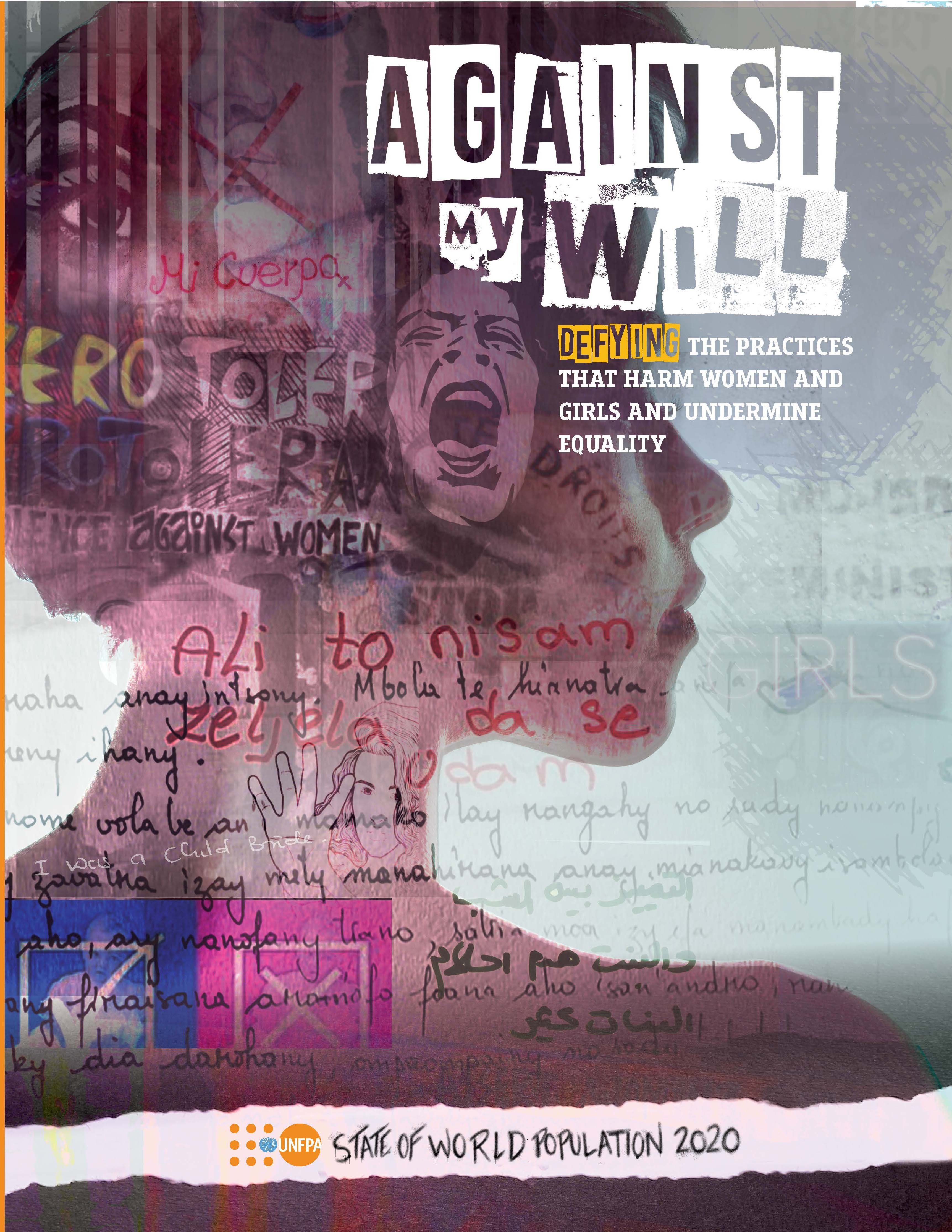Urgent, accelerated action needed to stop child marriage and son preference: UNFPA
KATHMANDU: The United Nations Population Fund (UNFPA) released state of the world population 2020 report urging people to stop child marriage and preference of 'sons', today.
"Every year, millions of girls are subjected to practices that harm them physically and emotionally, with the full knowledge and consent of their families, friends and communities," the Sun's sexual and reproductive health agency said.
At least 19 harmful practices across the world, ranging from breast ironing to virginity testing, are considered human rights violations, according to the report, which focuses on the three most prevalent ones: female genital mutilation, child marriage, and extreme bias against daughters in favour of sons.
According to UNFPA Executive Director Dr Natalia Kanem, harmful practices against girls cause profound and lasting trauma, robbing them of their right to reach their full potential.
Recent stats suggest that Nepal has one of the highest rates of child marriage in Asia even when the legal age of marriage for both thr sexes is 20. An estimated 40 percent of Nepali girls are married before the age of 18. "While child marriage rates are declining in the country, in the last five years the pace of decline has slowed down significantly," the report reads.
Son preference over daughters has fueled gender-biased sex selection in Nepal refelecting how persistent the gender discrimination is, leading to an increase in the practice of sex-selective abortion.
Nepal has ratified international treaties such as the Convention on the Rights of the Child, and thus has a duty to end the harm, whether it’s inflicted on girls by family members, religious communities, health-care providers, commercial enterprises or state institutions. The Government of Nepal has progressive laws in place, but laws alone are not enough.
Decades of experience and research show that bottom-up, grassroots approaches are better at bringing change, the UNFPA says. “We must address the problem by tackling the root causes, especially gender-biased norms. We must do a better job of supporting communities’ own efforts to understand the toll these practices are taking on girls and the benefits that accrue to the whole of society by stopping them,” Kanem elaborated.
The report also states how a recent analysis reveals that if UNFPA services are shuttered for months due to the COVID-19 pandemic, an additional 13 million underage girls around the world may be forced into marriage between now and 2030.
“The pandemic both makes our job harder and more urgent as so many more girls are now at risk,” Dr. Kanem said.
“We will not stop until the rights, choices and bodies of all girls are fully their own.”






